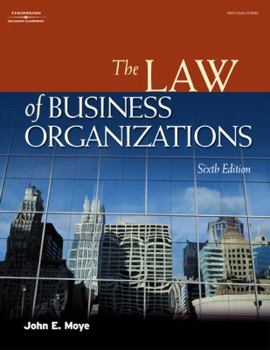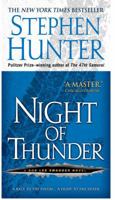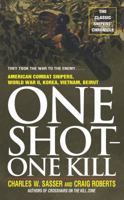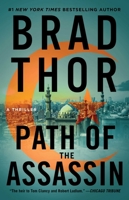The Law of Business Organizations (West Legal Studies Series)
You Might Also Enjoy
Related Subjects
Betrayal Family Dynamics Greek Mythology Murder Revenge Sacrifice Drama Ethics & Morality Greek & Roman LiteraryCustomer Reviews
Rated 5 starsAction Packed From Start To Finish!
One thing that you can say about one of Marcinko's books is that they are not at all boring. He is able to call upon his SEAL training and experience to put together an interesting story.Some of his dealings in this book are close to what you read in the newspapers today. His knowledge of weapons and their use also add to his ability to spin an action packed story. His action team is also made up of some interesting characters...
0Report
Rated 5 stars100% pure testosterone.
I'll admit to this guilty pleasure: I love the Rogue Warrior books. Not because they're great literature, but because they're just plain fun. I'm a Marine combat vet, so I can usually detect the (very) fuzzy line between military fact and fiction, but with Marcinko's books I throw up my hands in the amphibious salute and just go with it. Demo Dick's literary swagger is intoxicating, and his larger than life character is THE...
0Report
Rated 5 stars"CAUTION"...YOU CAN'T PUT THIS BOOK DOWN ONCE YOU START..
RICHARD MARCINKO TAKES YOU ALONG FOR THE RIDE WITH THE ELITE NAVY SEALS, IT'S A NO HOLDS BAR RIDE TO THE WILD SIDE OF FAST ACTION SEAL EXCITEMENT. "DEMO DICK" HAS HIS OWN STYLE AND VOCABULARY THAT WILL SUCK YOU INTO THE WORLD OF THE NAVY SEALS. MARCINKO IS A REAL LIFE NAVY SEAL WHO PULLS NO PUNCHES WITH HIS SUPERIORS OR HIS READERS...IT'S A MUST READ FOR ANYONE WHO LOVES EXCITEMENT !!!
0Report
Rated 5 starsThe frog man lives
This is the one of the few books that I have found that will have you laughing and wanting to join the adventures of Marcinko's band of marauders. My heart was pumping a mile a minute with the thought of what they were doing. With colorful characters like Stevie Wonder,Doc Tremblay, Nasty Nick, and Duck Foot you would enjoy ever minute you read this book.
0Report
Rated 5 starsthere is not any better books for a look in to the seals.
i like the way marcinko makes me visualize what he is talking about
0Report
































































